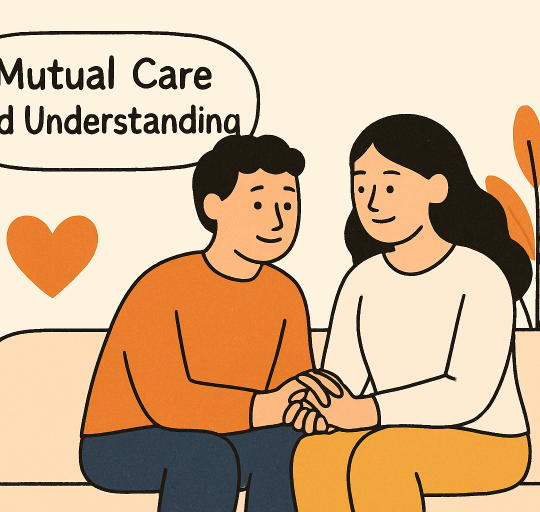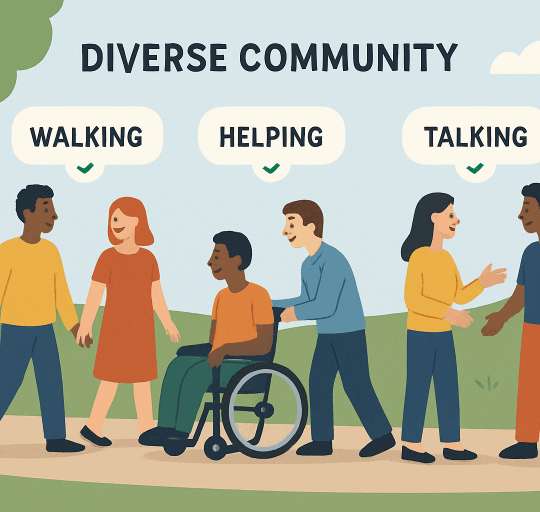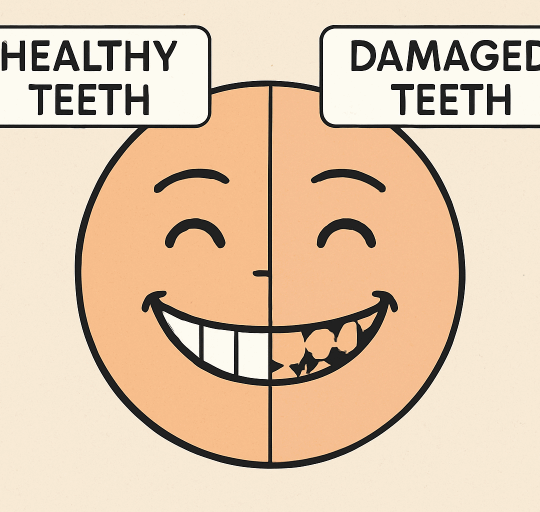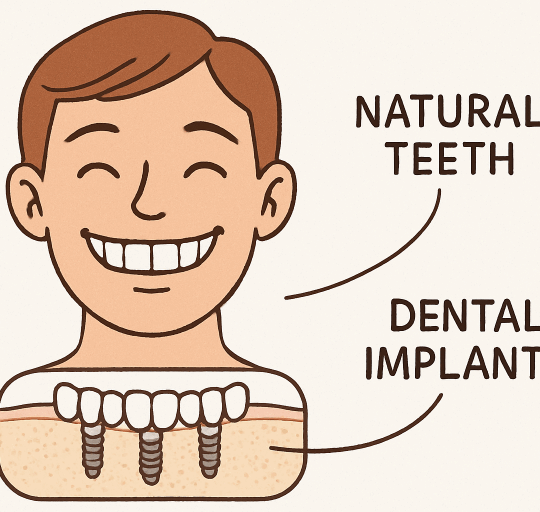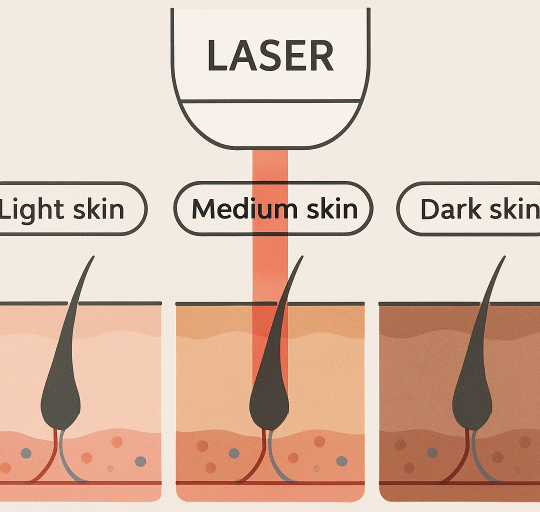 Do you ever wake up in the morning feeling like you didn’t sleep at all? If so, you’re not alone.
Do you ever wake up in the morning feeling like you didn’t sleep at all? If so, you’re not alone.
There’s nothing worse than not feeling rested in the morning. It can leave you feeling tired and draggy for the rest of the day. And that’s not good when you need to be productive.
Few things in life contribute to health and happiness like a good night’s sleep. That’s why you should make your bedtime routine a top priority.
This article takes a look at the best time to sleep as well as the best time to wake up each morning. Keep reading to get the inside scoop.
Table of Contents
- 1 Understand How Your Circadian Rhythm Works
- 2 What are the Side Effects of Lack of Sleep?
- 3 What are the Side Effects of Too Much Sleep?
- 4 Sleep Requirements According to Age
- 5 Human Sleep Cycle
- 6 The Best Time to Go to Sleep
- 7 Learning What Works Best for You
- 8 A Guide to the Best Time to Sleep and Wake Up for a Healthy and Productive Life
Understand How Your Circadian Rhythm Works
The first key in determining the best times to sleep and wake is to first understand how circadian rhythm works.
If you’ve never heard this term before, the circadian rhythm is your brain’s natural internal clock.
Each person in the world experiences natural dips in wakefulness and alertness during specific windows within a 24-hour period. For example, most people are sleepiest from 1-3 pm and 2-4 am.
The circadian rhythm dictates your natural sleep patterns. Thus the closer you stick to these patterns, the more restful your sleep is likely to be.
Because of this, working against your brain’s natural sleep schedule can end up creating havoc with your cognitive processes, including alertness and awareness because you aren’t in harmony with the natural order of the universe.
What are the Side Effects of Lack of Sleep?
Now let’s take a look at what happens when you fail to get the proper amount of restful sleep.
After all, your mind and body require an adequate amount of quality restful sleep in order to be as healthy and happy as possible.
What are some of the possible side effects you might experience? For starters, you will experience sluggishness, possible depression, a higher risk of obesity, diabetes, heart disease, high blood pressure, and you’ll probably get sick more often than a rested person.
What are the Side Effects of Too Much Sleep?
Believe it or not, getting too much sleep isn’t great either. In fact, sleeping more than 9 hours each night produces its own set of negative health effects.
These include depression, anxiety, sleep apnea, thyroid disorders, asthma, irritability, and cardiovascular issues.
The key is to find a sweet spot between too little and too much. It’s also important to remember that the wrong amount of sleep isn’t typically the direct cause of health issues but simply exacerbates health conditions that likely already existed yet hadn’t surfaced.
Sleep Requirements According to Age
It’s also important to keep in mind that the amount of sleep you need will vary according to your age.
For example, a typical newborn baby requires between 14 and 17 hours of sleep each day, a 3 to 5-year-old needs between 10 to 13 hours, and the average adult between the ages of 18 to 64 needs about 7 to 9 hours. In other words, sleep isn’t a one-size-fits-all scenario.
Be sure to check out the Helix Midnight Luxe.
Human Sleep Cycle
To complicate matters even more, it’s important to take the natural internal sleep cycle for humans. This is a combination of conditions that impacts factors such as brain wave patterns and genetics.
The normal sleep occurs includes rapid eye movement (REM), as well as nonrapid eye movement (NREM). Your body actually moves back and forth between these two days several times each night.
In fact, you will alternate between these cycles roughly every 90 minutes while sleeping. As the night progresses, the NREM cycles get lighter while REM gets longer.
The key to feeling rested when you wake is to wake up at the end of a cycle rather than in the middle. For example, if your alarm goes off in the middle of one of these sleep cycles, you are much more likely to wake up feeling groggy or have trouble waking up at all.
The Best Time to Go to Sleep
Now let’s get down to the nuts and bolts of the best times of the day or night to sleep.
The best way to approach this topic is to start with what time you need to wake up each morning. For example, if you need to be at work at 8 am, you’ll need to set your bedtime accordingly.
This is because you’ll likely be waking between 6 and 7 in the morning at the latest to shower and prepare for the day before leaving for work. And if you need between 7 and 9 hours of sleep, plan on going to bed between 10 pm and midnight. This will help provide the ideal amount of sleep to feel fully rested in the morning.
Whereas if you need to wake at 5 or 6 am, you’ll need to hit the sack closer to 9 in the evening.
Learning What Works Best for You
Keep in mind that none of this is chiseled in stone. After all, every individual is different. Thus some people seem to require very little sleep, while others only seem to be able to function properly with at least 9 hours more every night.
Other factors can greatly impact your quality of sleep as well. These include your diet, the amount of caffeine you consume during the day, and the amount of quality exercise you participate in on a regular basis.
Another important tip for enhancing sleep is to get into a routine and stick to it. This is a way of training your mind and body to know what to expect each day. Your body loves routine, and will typically respond most effectively when each day is predictable.
This is especially important if your career forces you to keep odd hours. For example, a person who has to be at work at 3 am, will need to go to be very early in the evening to get plenty of rest. While this might not be natural, sticking to a routine will teach your body to believe that these odd hours are very normal and acceptable.
A Guide to the Best Time to Sleep and Wake Up for a Healthy and Productive Life
In order to live your best life, you’ll need to feel rested. Fortunately, knowing the best time to sleep will make all the difference in the world.
Keep scrolling to discover more cool lifestyle tips on our blog.
